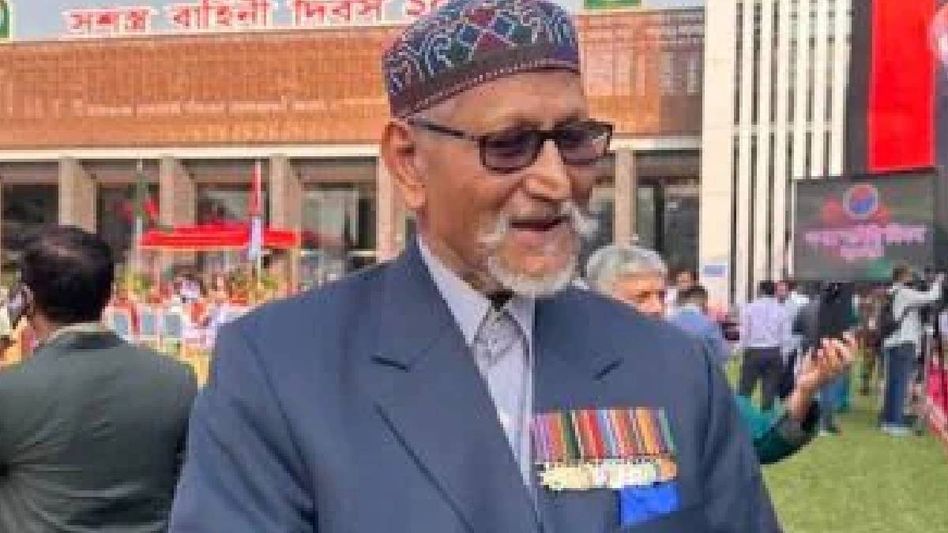"Occupy northeast if India attacks Pakistan": Former Bangladesh army officer
Fresh controversy has erupted following provocative remarks from across the border, as retired Bangladeshi military officer Major General ALM Fazlur Rahman (retd) suggested that Bangladesh should occupy India’s northeastern states if hostilities break out between New Delhi and Islamabad.

Fresh controversy has erupted following provocative remarks from across the border, as retired Bangladeshi military officer Major General ALM Fazlur Rahman (retd) suggested that Bangladesh should occupy India’s northeastern states if hostilities break out between New Delhi and Islamabad. The comments come close on the heels of an earlier inflammatory statement by Nobel laureate Muhammad Yunus, who likened the Northeast region to a "chicken's neck," drawing sharp criticism from Indian leaders.
General Rahman, who once headed the Bangladesh Rifles — now known as the Border Guards Bangladesh (BGB) — made the contentious remarks on Facebook. Writing in Bengali, the former military officer called for a joint military approach with China, advocating that Bangladesh seize the opportunity to advance into India's northeast in the event of an Indo-Pak war.
His comments have been widely condemned, though the Bangladeshi government has swiftly sought to distance itself from the controversy. Shafiqul Alam, press adviser to Yunus, clarified that the retired officer’s statements reflect his personal views and not those of the government.
"There is no official endorsement of such remarks," Alam asserted, emphasizing that Dhaka remains committed to peaceful relations with its neighbors.
The Indian government has yet to issue a formal response. However, tensions remain high following the deadly terror attack in Jammu and Kashmir’s Pahalgam on April 22, which claimed at least 26 lives. India has blamed Pakistan for fostering terrorism against it, particularly targeting the Kashmir region. The attack has reignited diplomatic friction between the two nuclear-armed neighbors, with several Pakistani leaders escalating rhetoric and hinting at war.
Major General Rahman’s remarks further bolster his image as a staunchly anti-India figure in Bangladesh. The retired general currently holds a significant role, leading the investigation into the 2009 Pilkhana massacre, where 74 people, including senior military officers, lost their lives during a mutiny at the BDR headquarters. His current assignment carries the weight of an appellate division judge in Bangladesh's Supreme Court, lending gravity to his words despite them being officially disavowed.
Meanwhile, Bangladesh's foreign ministry reiterated its stance, underscoring that such provocative personal statements do not reflect the nation’s diplomatic policy or intent.
Copyright©2025 Living Media India Limited. For reprint rights: Syndications Today









